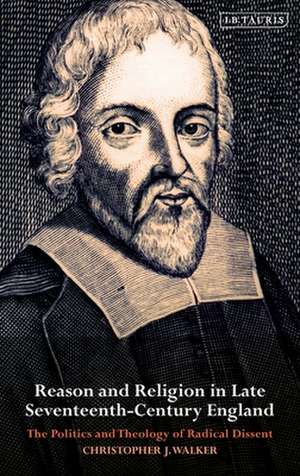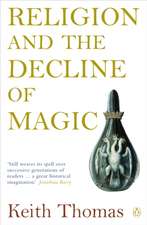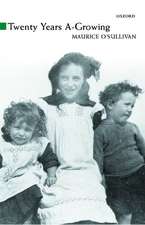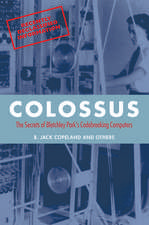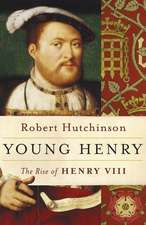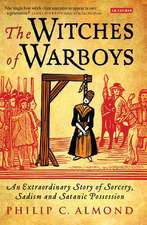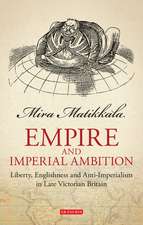Reason and Religion in Late Seventeenth-Century England: The Politics and Theology of Radical Dissent
Autor Christopher J. Walkeren Limba Engleză Hardback – 14 oct 2012
Preț: 716.15 lei
Preț vechi: 1028.63 lei
-30% Nou
Puncte Express: 1074
Preț estimativ în valută:
137.04€ • 146.54$ • 114.26£
137.04€ • 146.54$ • 114.26£
Carte disponibilă
Livrare economică 27 martie-10 aprilie
Preluare comenzi: 021 569.72.76
Specificații
ISBN-13: 9781780762920
ISBN-10: 1780762925
Pagini: 312
Dimensiuni: 156 x 234 x 33 mm
Greutate: 0.57 kg
Editura: Bloomsbury Publishing
Colecția I.B.Tauris
Locul publicării:London, United Kingdom
ISBN-10: 1780762925
Pagini: 312
Dimensiuni: 156 x 234 x 33 mm
Greutate: 0.57 kg
Editura: Bloomsbury Publishing
Colecția I.B.Tauris
Locul publicării:London, United Kingdom
Notă biografică
Christopher J. Walker was educated at Lancing College and the University of Oxford. A former editor at Penguin Books, he won a Winston Churchill Travelling Fellowship to write Armenia:The Survival of a Nation (1980 and 1990). This was followed by Visions of Ararat: Writings on Armenia (I.B.Tauris, 1997 and 2005), Oliver Baldwin: A Life of Dissent (2003) and Islam and the West: A Dissonant Harmony of Civilizations (2005). He has also contributed to the prestigious UCLA conferenceseries, Historic Armenian Cities and Provinces, edited by Richard G. Hovannisian
Cuprins
Preface viiAcknowledgements ixPart I : Reason alongside ReligionChapter 1 'Yet Reason must assist too..' 3Chapter 2 'When Sin and Son were not' 29Chapter 3 Radical Reformers: 'He who loves is greater than he who believes' 57Chapter 4 Re-thinking Faith 93Chapter 5 'Trinunities, Coessentialities, Modalities...monstrous terms' 111Chapter 6 A Climate of Repression 133Part II: The Trinitarian Controversy, 1690-98Chapter 7 'Then in Christ the Father': A Quaker Puzzle 147Chapter 8 A Conflict Erupts 157Chapter 9 Anglicans Disunited 185Chapter 10 An Oxford Tempest 195Chapter 11 An Injunction and an Act 213Epilogue 239Notes 253Bibliography 277Index 285
